Introduction
Russian State Social University is the largest social education institution in Russia and the main provider of social education in the former Soviet Union. It has a high reputation in the field of social sciences.
Overview
Student scale: It has trained more than 400,000 professionals in the social field.
Faculty: It has many internationally renowned scholars, senior professors and innovative young teachers.
History and establishment time
The school was approved by the Russian Government Decree No. 15 on November 25, 1991. Its predecessor was the Communist Party Higher School, which initially focused on social and political science research and teaching.
School Strength
Teaching achievements: It is the first university in Russia to offer undergraduate and postgraduate courses such as social work, with more than 40 graduates. 10,000, providing a large number of professional talents for the society.
Scientific research strength: It is the main institution for formulating and drafting social reforms in Russia, and is also the developer of innovation centers in the social field. It has outstanding achievements in social science research and application.
International cooperation: Establish cooperative relations with universities in many countries, actively carry out academic exchanges, student exchanges and other projects, and promote the internationalization of education.
Nature of institutions
National higher education institutions.
Educational philosophy
Focus on cultivating students' comprehensive qualities and practical abilities, advocating international education concepts, providing students with first-class teaching resources and learning opportunities, and cultivating their awareness of pursuing truth and paying attention to social development.
Key laboratories and disciplines
Key laboratories: No clear key laboratory information has been found yet.
Key disciplines: covering sociology, psychology, political science, economics, law, journalism, social work, social education and other social sciences.
Faculty
The school has 14 colleges, including the School of Education and Educational Sciences, the School of Mechanics and Mathematics, the School of Earth Sciences, the School of Computer Science, the School of Information Security, the School of Psychology, the School of Economics and Management, etc.
Ranking
The specific ranking of the school in the international authoritative university rankings has not been found, but it has a high reputation and influence in the field of social sciences in Russia.
Expenses
Tuition fees vary depending on the major, such as $1,500/year for the Law Department, $1,500/year for International Economics, and $1,050/year for Sociology.
Campus
The main campus is located in the scenic Rashino Island Forest Park in Moscow, and there are also several teaching buildings in the city. The campus facilities are complete, including dormitories, canteens, restaurants, Internet cafes, cultural palaces, sanatoriums, gymnasiums, sports fields, hospitals, shops, etc.
-

Peter the Great St.Petersburg Polytechnic University
-
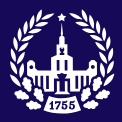
Moscow State University M. V. Lomonosov
-
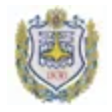
Bauman Moscow State Technical University
-
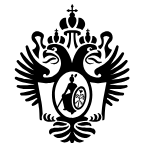
St. Petersburg State University
-

Tomsk State University
-

Peoples' Friendship University of Russia
-
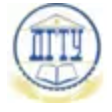
Don State Technical University
-
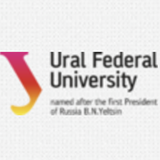
Ural Federal University
-

Moscow Institute of Physics and Technology
-
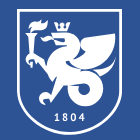
Kazan Federal University
-

Mesoamerican University
-

Istmo University
-

Mariano Galvez University of Guatemala
-

Regional University of Guatemala
-

Galileo University
-

Francisco Marroquín University
-

Rafael Landívar University
-

University of the Valley of Guatemala
-

University of San Carlos of Guatemala
-

Technological Institute of Tlaxcala Plateau
-

Golfo University
-

Technological University of South Sonora
-

Technological University of Huejotzingo
-

Tizimín Institute of Technology
-

Chilpancingo Institute of Technology

